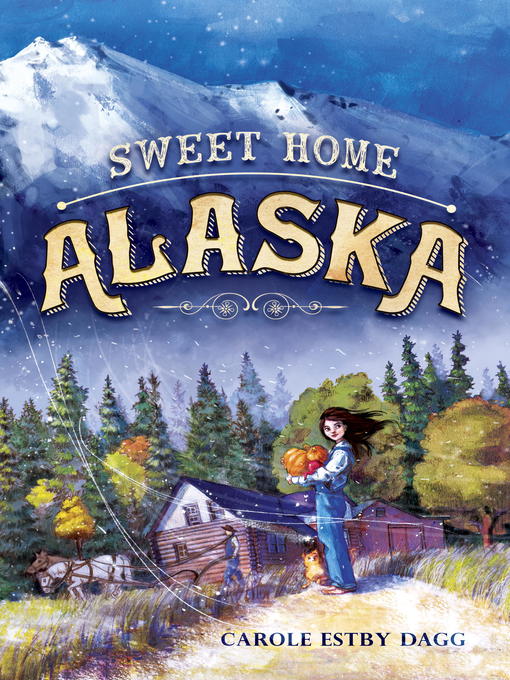- Available now
- New eBook additions
- New kids additions
- New teen additions
- Most popular
- Try something different
- See all ebooks collections
- Available now
- New audiobook additions
- New kids additions
- New teen additions
- Most popular
- Try something different
- See all audiobooks collections
- Cooking & Food
- Home & Garden
- Health & Fitness
- Fashion
- News & Politics
- Hobbies & Crafts
- Celebrity
- Tech & Gaming
- Cars & Motorcycles
- Family & Parenting
- Sports
- Travel & Outdoor
- Photography
- See all magazines collections




